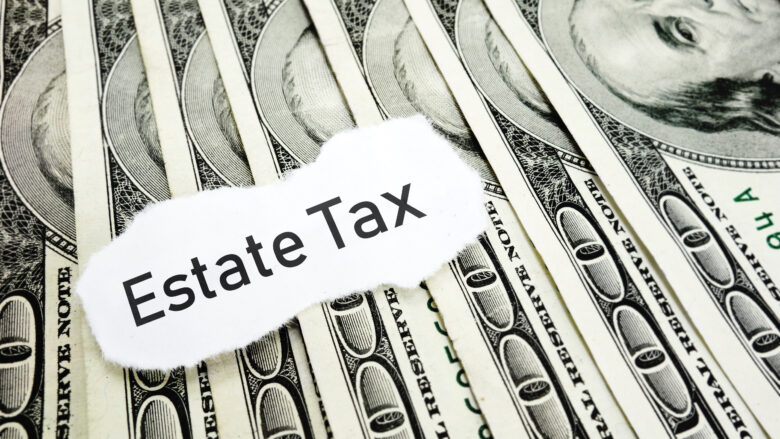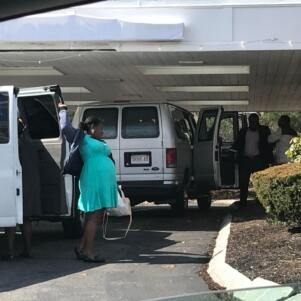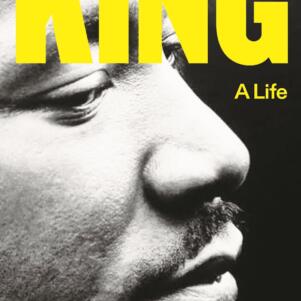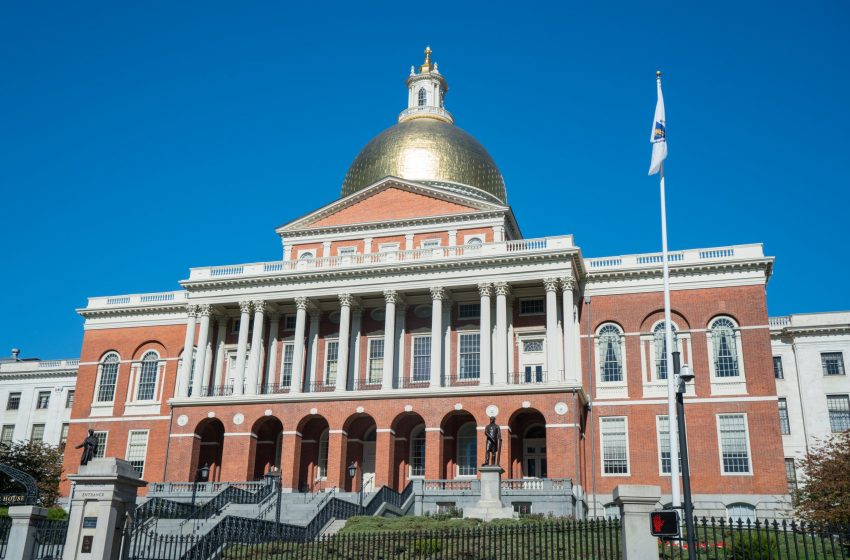Raise The Threshold On Massachusetts Estate Tax, GOP State Legislator Says
By Matt McDonald | January 12, 2022, 19:41 EST

A bill filed in the state Legislature would increase the threshold for estate tax in Massachusetts from $1 million to $2.75 million.
The new threshold would also be adjusted for inflation each year.
The chief sponsor, state Representative Shawn Dooley (R-Norfolk), describes the bill as a way to keep rich people from moving out of Massachusetts and to keep small business owners and farmers from having to sell their business or property to pay estate tax when their parents die.
Some rich people hire financial and legal experts to arrange their assets in such a way to eliminate or minimize estate tax, such as transferring ownership to trusts. But Dooley says many people in Massachusetts get hit by the state’s estate tax without having much cash on hand.
“This really goes to the heart of the matter of the family that has a two-family in Cambridge that they may have bought in 1960 for next to nothing, and it’s now worth $2 million, and they own a gas station that they work at every single day that happens to be at a pretty good corner that could be sold for millions of dollars,” Dooley told the Joint Committee on Revenue of the Massachusetts Legislature on Wednesday, January 12 (at 31:40 of the video). “These are the people that do not consider themselves sophisticated investors. They do not have the wherewithal to hire tax and estate planning professionals that do these sort of things. And then what we’re seeing is that the next generation isn’t able to keep their small business going. Same with family farms.”
Massachusetts is one of 17 states that have an estate tax or an inheritance tax, according to the Tax Foundation. The state’s $1 million threshold is among the lowest in the country, which means it catches more people that the estate tax in most other states.
The median home sale price in Massachusetts exceeded $500,000 for most of 2021, according to The Warren Group. That means any couple that owns in their own name two homes in the state may be passing along a hefty state estate tax to their children when they die.
State Senator Adams Hinds (D-Pittsfield) said he gets questions about estate tax from farmers in Berkshire County in the western part of the state.
“I’m certainly sympathetic to the dynamic that you’re trying to address,” Hinds said (at 34:34 of the video). “… But the concern that I would have is that we potentially lose a lot of money.”
Dooley said the Massachusetts Department of Revenue estimates raising the threshold for estate tax would cost about $60 million a year in revenue to the state, though he added that the state’s revenue department doesn’t attempt to account for lost tax revenue from rich people who move to New Hampshire or Florida or some other low-tax state because they want to avoid the Massachusetts estate tax when they die.
“We not only lose their estate tax. We’re losing their compounded income tax, their capital gains tax, their excise tax – everything like that, for the next 30 years in retirement. And so it becomes a very, very comprehensive problem,” Dooley said.
He said another study found that raising the threshold might be revenue-neutral when before-death taxes are considered, but he acknowledged that hard numbers are hard to find.
The measure is Massachusetts House Bill 2881 (“An Act Relative to the Massachusetts Estate Tax Code”).
Another bill, supported by the Massachusetts Fiscal Alliance, calls for eliminating the state estate tax.
New to NewBostonPost? Conservative media is hard to find in Massachusetts. But you’ve found it. Now dip your toe in the water for two bucks — $2 for two months. And join the real revolution.











